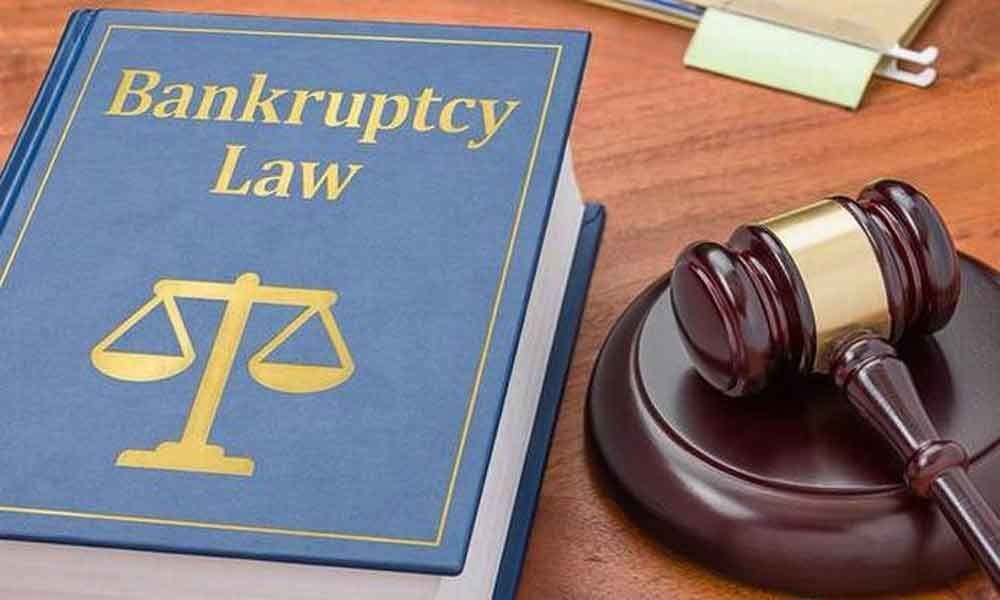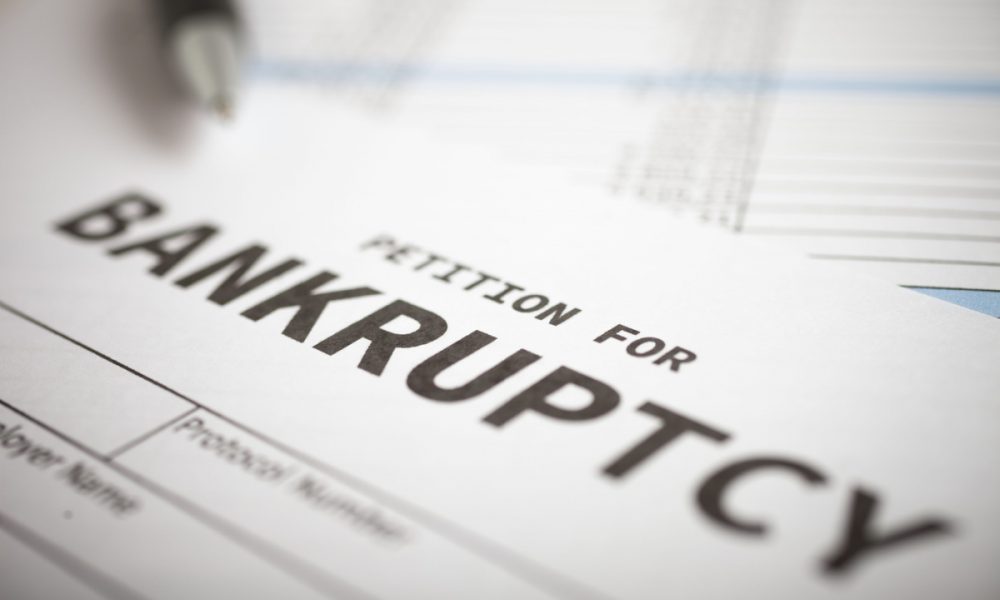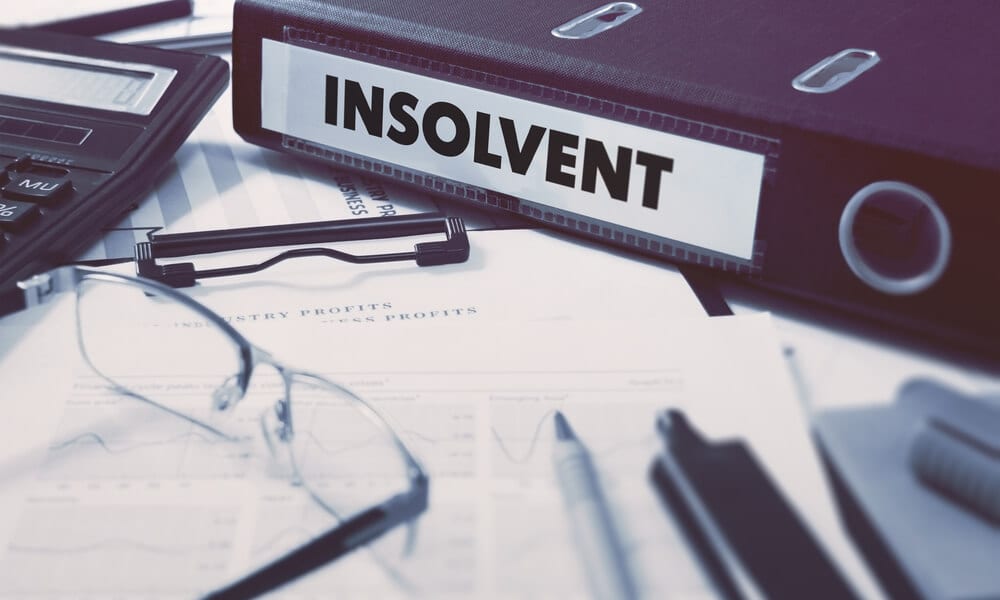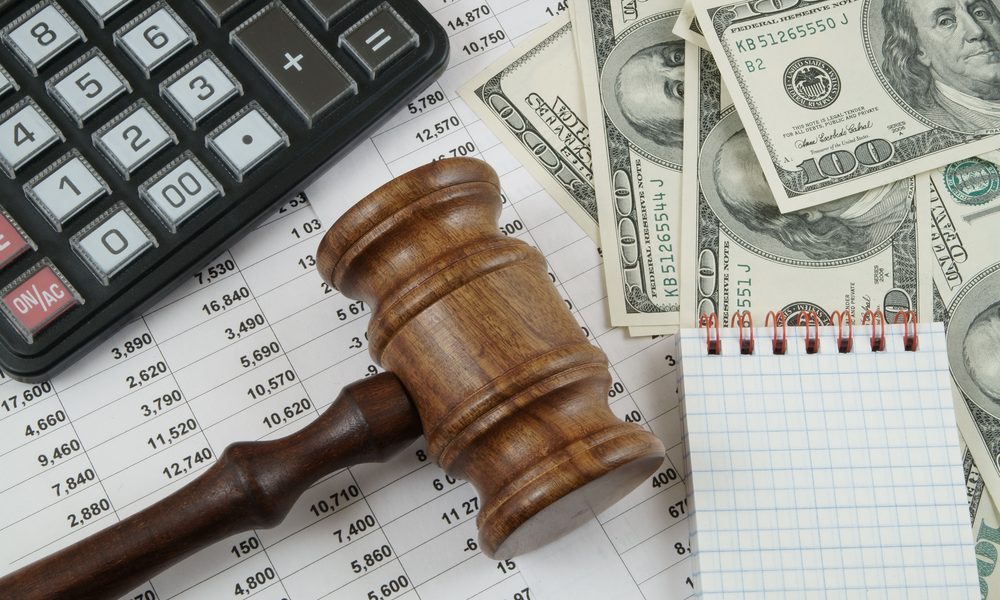Divorce and bankruptcy are two legal processes that can be emotionally and financially draining. When these two processes intersect, the complexity of the situation can be overwhelming. Both divorce and bankruptcy involve the division of assets and debts, and the order in which they are addressed can have a significant impact on the outcome.
Bankruptcy and Divorce: Which Comes First?
When considering bankruptcy and divorce, the first question is often which process to tackle first. The answer depends on each individual case. In some situations, filing for bankruptcy before a divorce can help alleviate some of the financial burden and allow both spouses to start fresh. In other cases, it may be better to wait until after the divorce is finalized to file for bankruptcy.
If a couple decides to file for bankruptcy before divorce, they can work together to discharge as much debt as possible before dividing assets and debts in the divorce settlement. This can make the division of property and debt simpler and more equitable. However, if they file for bankruptcy after the divorce, they may need to divide any remaining debt according to the terms of the divorce settlement.
The Impact of Bankruptcy on Divorce Settlements
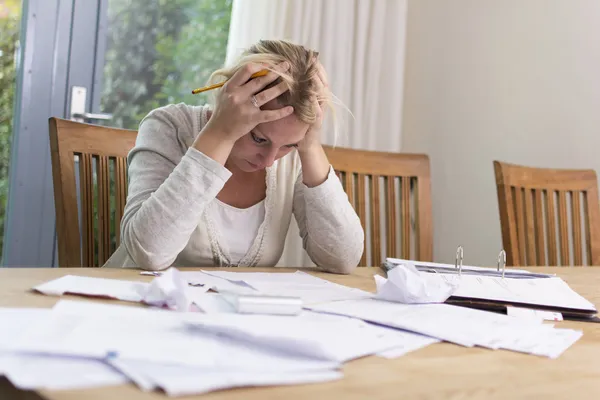
Bankruptcy can have a significant impact on divorce settlements. When a couple files for bankruptcy, their assets and debts become part of the bankruptcy estate. This means that the bankruptcy court will determine how to divide assets and discharge debts. In some cases, this can conflict with the terms of the divorce settlement.
For example, if a divorce settlement specifies that one spouse will receive a particular asset, such as a home or car, the bankruptcy court may decide to sell that asset to pay off creditors. This can be frustrating for both parties, as it may not align with their agreed-upon settlement.
Additionally, some debts may not be dischargeable in bankruptcy, such as child support and alimony. If a spouse is awarded these types of support in the divorce settlement, the bankruptcy filing will not relieve the other spouse of their obligation to pay.
Working with Attorneys and Financial Professionals
When facing both bankruptcy and divorce, it is critical to work with experienced professionals who can guide you through the process. This may include a bankruptcy attorney, divorce attorney, and financial advisor.
A bankruptcy attorney can help you understand the implications of filing for bankruptcy and guide you through the process. A divorce attorney can help you navigate the legal complexities of divorce and ensure that your rights are protected. A financial advisor can help you understand the long-term financial implications of different settlement options and help you make informed decisions.
Bankruptcy and divorce are complex legal processes that can be emotionally and financially draining. When these two processes intersect, the situation becomes even more challenging. It is critical to work with experienced professionals who can guide you through the process and help you make informed decisions.
- Consider whether to file for bankruptcy before or after divorce
- Understand the impact of bankruptcy on divorce settlements
- Work with attorneys and financial professionals to navigate the process

